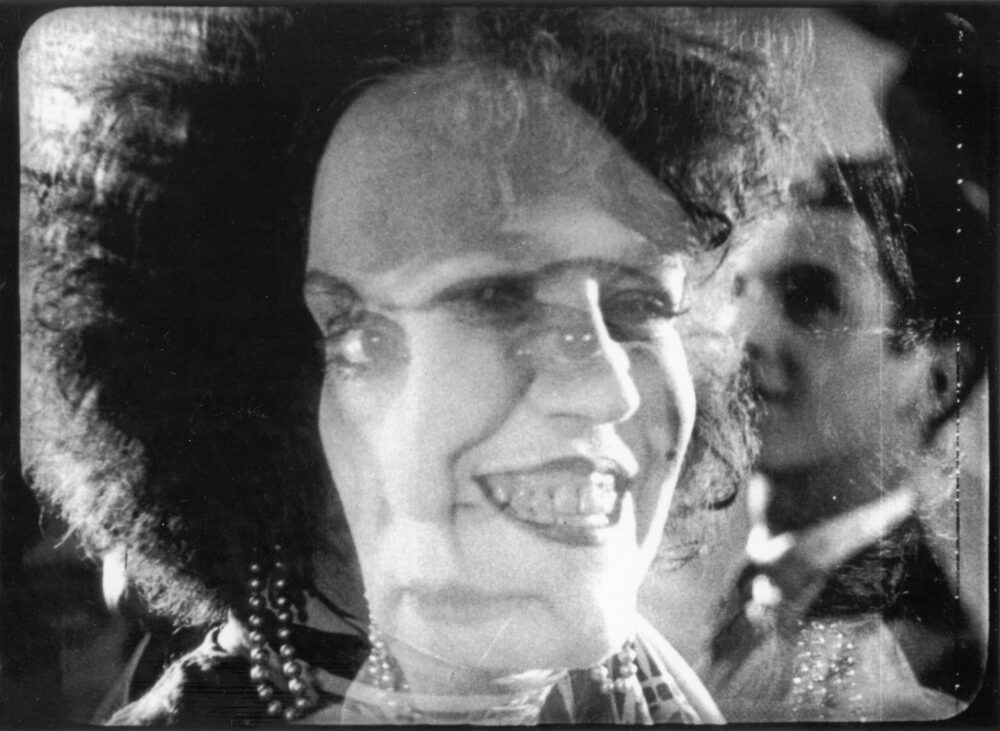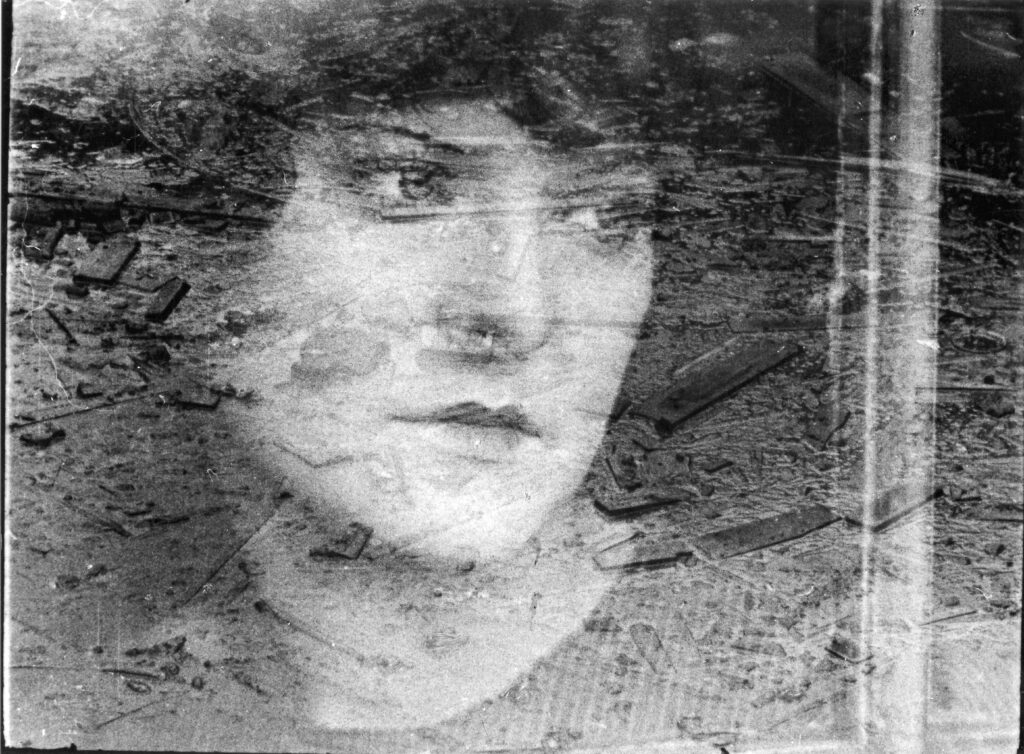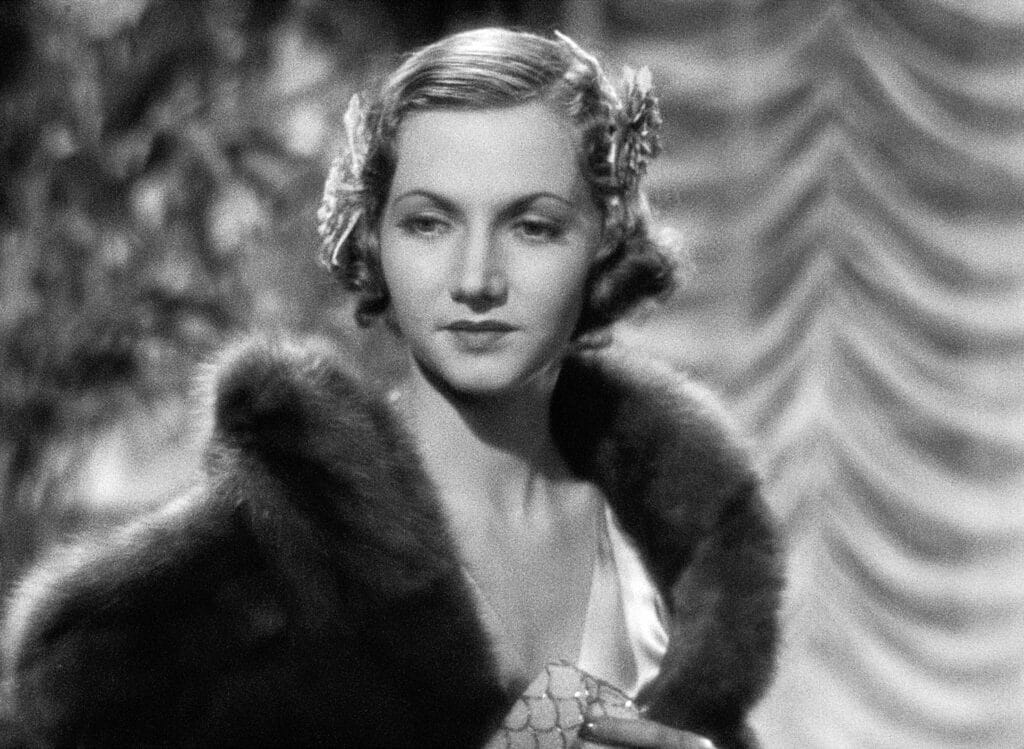




Towards the end of his life philosopher, critic and filmmaker Jean Epstein (1897-1953) reflected over an illustrious career spanning nearly thirty years; “The Intelligence of a Machine” he said “against fixed space and invariable time… stands space-time, always mobile and changing—the unique framework in which the cinematograph inscribes its representations.” Rather than telling stories, his films express feelings and impressions often through fast and slow motion, superimposition in a transcendent, radical style.
Clearly he was a deep thinker, but cineastes will remember him most for an evocative array of feature films including: most notably Coeur Fidele (1923) and The Fall of the House of Usher, Six et Demi, Onze (1927) The Tempest Master (1947) and The Fires of the Sea (1948).
Born in Warsaw in 1897, Epstein’s Catholic parents sent him to a Swiss boarding where he was destined to follow in his father’s footsteps, as an engineer. After abandoning studies in medicine he immersed himself in literature publishing, at only 24, his debut novel in entitled La Poésie d’aujourd’hui (1921). His career in film kicked off courtesy of Louis Delluc and Jean Benoit-Lévy and very soon Epstein was collaborating on the black and white silent film Le Tonnerre, directed by Delluc, Pasteur, le film du centenaire, a docudrama followed. Pathe then offered him a ten-year contract, until 1924, to produce and direct.
The energetic young Epstein made four films in one year alone while continuing to write books and lecture. Considered a proponent of the new artistic avant-garde, and of French Imrpressionist Cinema along with a coterie of artists such as Abel Gance, Jean Cocteau and Fernand Leger, he would go on to make over thirty features. Leaving Pathe behind he signed up with Les Films Albatros which offered less artistic freedom, and, arguably, a downturn in his auteurish style in favour of more commercial fare with The Poster, and Double Love

Cœur fidèle, The Faithful Heart, Jean Epstein, Frankreich 1923, V’25 Retrospektive Jean Epstein
Embarking on the independent route saw his output returning to form but he suffered financially. Despite all this films such as The Three Sided Mirror and The Fall of the House of Usher are regarded as amongst his most memorable.
The second half of Epstein’s career saw him focusing on Britanny and the remote islands of Ouessant, Bannec, Hoëdic, Sein. Finis Terrae and L’Or des mers are the most impressive of his realist eco-docudramas which make use of non-professional actors in their natural habitats. Epstein called these ‘nature films’. At the same time he making more commercial fare to keep the wolf from the door: dramas like La Femme du bout du monde, and documentaries about French life La Bretagne, La Bourgogne, Vive la vie amongst others.
The Austrian Film Museum staged its first Jean Epstein retrospective 20 years ago, but thanks to recent improvements in preservation they have updated the archive and new films have been added allowing a fresh look at master of modernism.

La Femme du bout du monde, The Woman from the End of the World, Jean Epstein, Frankreich 1937, V’25 Retrospektive Jean Epstein
Ten 35mm prints, all still in good condition, are supplemented by thirteen DCPs, all recent digitizations and restorations undertaken primarily by Cinémathèque Française, but also by Fondation Jérôme Seydoux – Pathé, Gaumont, and Cinémathèque de Bretagne. All silent films at Viennale 2025 were be accompanied by live music performances by Elaine Brennan, Meg Morley, Maud Nelissen, Billy Roisz, Ingrid Schmoliner & Alexander Kranabetter.
JEAN EPSTEIN | VIENNALE RETROSPECTIVE 2025